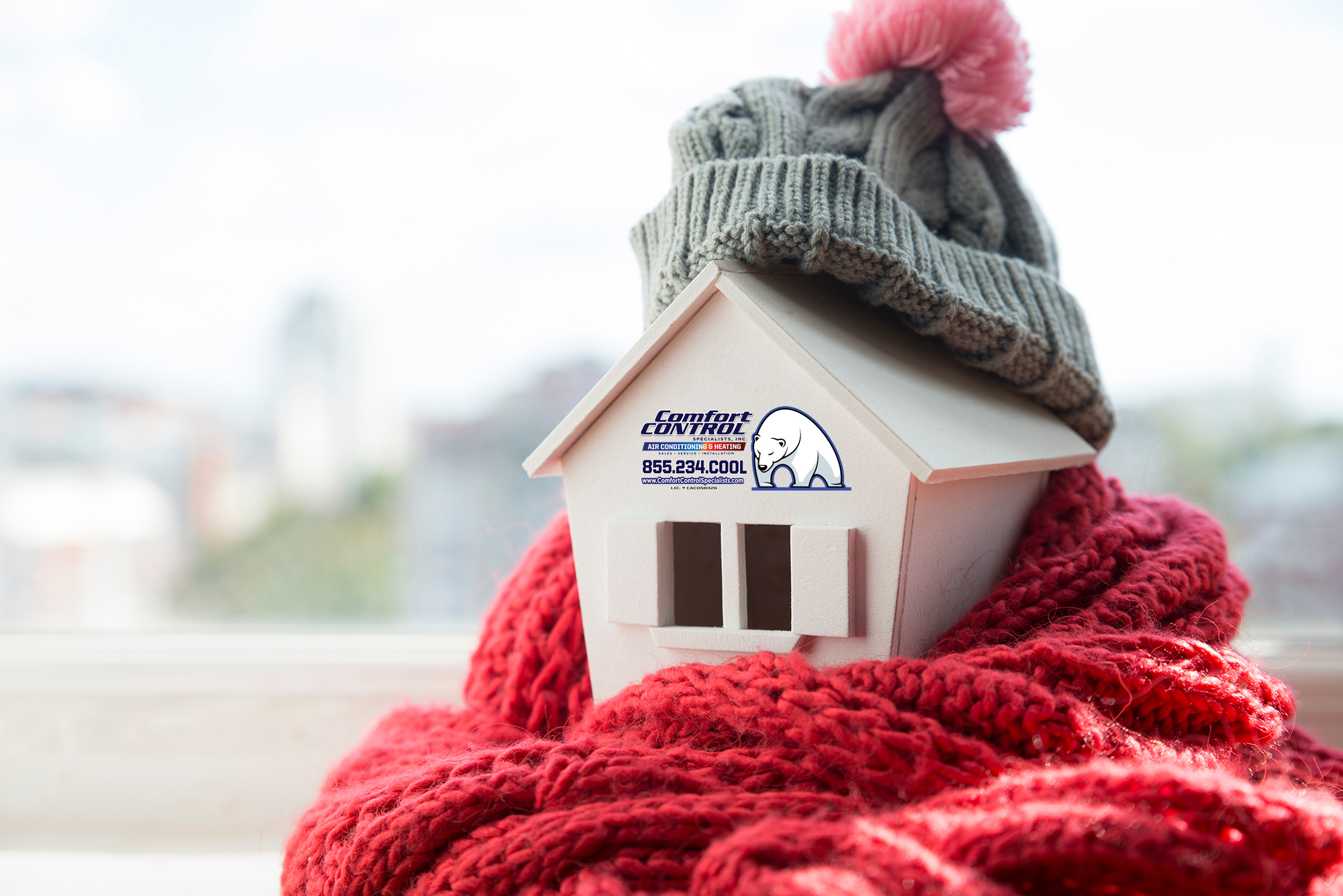[vc_row][vc_column][vc_column_text]Home insulation is essential in Florida, particularly in the summer and winter months. Proper insulation can help keep your home cool during the hot summer months and warm during the cooler winter months. This can help lower your energy bills, as your air conditioning and heating systems won’t have to work as hard to maintain a comfortable temperature. In this article, we will discuss how home insulation can help lower your electric bill in Florida in the summer and winter months.
Understanding Home Insulation
Home insulation helps regulate your home’s temperature by trapping heat inside during the winter and keeping it out during the summer. The insulation can be made of different materials, such as fiberglass, cellulose, or foam. Insulation is measured in R-values, which indicate the material’s ability to resist heat flow. The higher the R-value, the more effective the insulation is at keeping heat inside or outside of your home.
Summer Insulation Benefits
During the summer months, insulation plays a crucial role in keeping your home cool. With proper insulation, your air conditioning system doesn’t have to work as hard to maintain a comfortable temperature, reducing your energy bill. Insulation can also help prevent warm air from entering your home, which is especially important in Florida’s humid climate.
Without proper insulation, your home can become a “heat trap,” making it uncomfortable and costly to maintain a cool temperature. In addition to increasing your energy bills, poor insulation can also put more strain on your air conditioning system, leading to breakdowns and costly repairs.
Winter Insulation Benefits
Insulation is equally important during the winter months in Florida. With proper insulation, your home can retain heat more efficiently, reducing your need for heating and ultimately lowering your energy bills. Insulation can also help prevent cold air from entering your home, making it easier to maintain a comfortable temperature.
Without proper insulation, your home can lose heat quickly, leading to increased energy bills and discomfort. In addition to higher energy costs, poor insulation can also lead to issues such as frozen pipes and damage to your home’s foundation.
Types of Insulation
There are different types of insulation available, each with its benefits and drawbacks. Here are some of the most common types of insulation used in Florida:
Fiberglass: Fiberglass insulation is one of the most commonly used types of insulation in Florida. It is made of spun glass fibers and is known for its affordability and effectiveness.
Cellulose: Cellulose insulation is made of recycled paper products and is considered to be an eco-friendly insulation option. It is particularly effective at reducing air leaks and can be installed in areas with limited access, such as attics.
Spray Foam: Spray foam insulation is a more expensive option, but it provides excellent insulation and is particularly effective at reducing air leaks. It is made of polyurethane and is sprayed directly onto the walls or ceilings.
How to Insulate Your Home
- Proper insulation can provide significant energy savings, but it’s essential to ensure that it’s installed correctly. Here are some steps to follow when insulating your home:
- Determine the areas that need insulation: Inspect your home to identify areas that require insulation, such as the attic, walls, and floors.
- Choose the right insulation material: Consider the R-value, cost, and environmental impact of different insulation materials to choose the right one for your home.
- Install insulation: Insulation can be installed by a professional or as a DIY project. Follow the manufacturer’s instructions carefully to ensure proper installation.
- Inspect regularly: Inspect your insulation regularly to ensure that it’s still in good condition and providing adequate insulation. Insulation can become damaged over time, leading to air leaks and reduced energy efficiency.
How HEEHRA Program Can Help
The Home Energy Efficiency and Renewable Energy Assistance (HEEHRA) program is a state-funded program designed to help Florida homeowners make energy-efficient upgrades to their homes. The program provides financial assistance and incentives to homeowners to make energy-efficient upgrades, including insulation, air sealing, and window replacements.
Through the HEEHRA program, homeowners can access financial assistance to cover the costs of insulation and other energy-efficient upgrades. The program provides up to $20,000 in financial assistance per household, with a focus on helping low-income families and those with high energy bills.
The HEEHRA program can provide financial incentives for homeowners to upgrade their insulation to more energy-efficient options. For instance, the program offers rebates for upgrading to higher R-value insulation, which can help homeowners save on their energy bills and reduce their environmental impact.
In addition to financial incentives, the HEEHRA program also provides resources and support for homeowners to make energy-efficient upgrades to their homes. This includes access to energy assessments, educational resources, and guidance on selecting energy-efficient products.
Conclusion
Proper insulation is essential for keeping your home cool in the summer and warm in the winter, and can significantly lower your energy bills. By installing insulation, you can reduce your home’s energy consumption, save money, and improve your home’s comfort level. The HEEHRA program provides financial assistance and incentives to homeowners to make energy-efficient upgrades, including insulation, which can help make energy efficiency more accessible and affordable for Florida residents. By taking advantage of these resources, homeowners can reduce their energy bills, improve their home’s comfort, and contribute to a more sustainable future.
If you have any questions, don’t hesitate to contact the Comfort Control Specialists for a comprehensive AC inspection and tune-up.[/vc_column_text][/vc_column][/vc_row]



